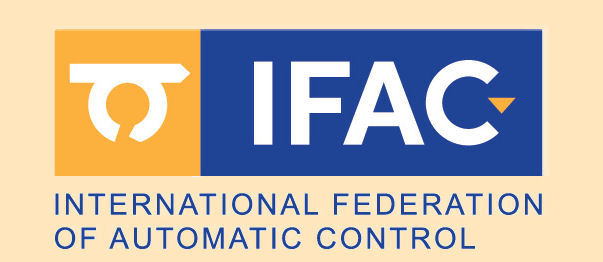| Paper TuA2.1
Xu, Fuguo (Dalian University of Technology), Shen, Tielong (Sophia University), Kuboyama, Tatsuya (Chiba University)
Receding Horizon-Type Mean Field Control-Based Speed Optimization for Large-Population Connected and Automated Vehicles
Scheduled for presentation during the Regular Session "Vehicle autonomy and connectivity" (TuA2), Tuesday, June 17, 2025,
10:30−10:50, Jos
AAC 2025 11th IFAC International Symposium on Advances in Automotive Control, June 15-18, 2025, Eindhoven, Netherlands
This information is tentative and subject to change. Compiled on June 1, 2025
|


 This site is protected by copyright and trademark laws under US and International law.
This site is protected by copyright and trademark laws under US and International law.